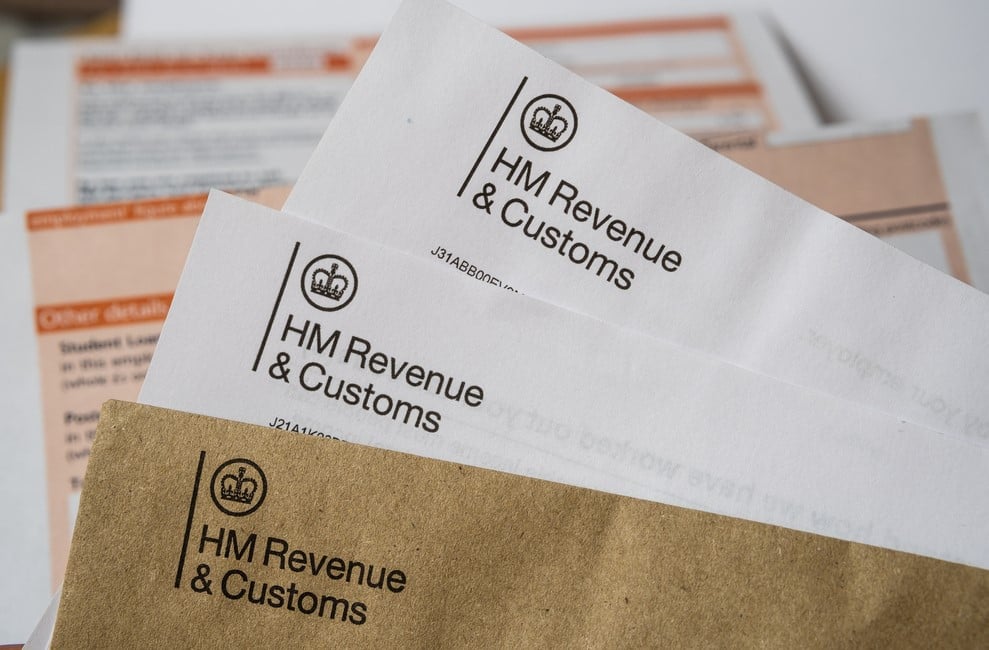Receiving a letter from HM Revenue can often propagate ripples of anxiety through anyone’s day. Typically, these communications come in several forms, but one type that may appear in your mailbox is the so-called “nudge letter.” Crafted to prompt or urge taxpayers about their fiscal responsibilities, specifically pertaining to undeclared income, understanding your HMRC nudge letter is essential to ensure that you’re satisfying your tax obligations efficiently.
What precisely is an HMRC Nudge Letter?
A nudge letter from HMRC is essentially a preventive measure rather than an blaming one. These letters are part of HMRC’s approach to urge taxpayers to freely amend any discrepancies in their tax reports, particularly focusing on overseas income that could not have been fully declared. Unlike formal audit letters, a nudge letter does not mean there is an continuing investigation into your tax affairs. Instead, it serves as a gentle nudge that HMRC has data implying there could be undeclared income.

Why You Got One?
If you’ve discovered one notices in your post, it is likely because HMRC has obtained information which potentially clashes with the data you’ve sent, or indicates there may be other income sources that need be accounted for. Frequent reasons for sending out a nudge letter include inconsistencies seen in the data reported by foreign tax authorities or financial institutions about overseas income.
Decoding the Content
The key content of a nudge letter generally includes a reminder about the significance of reporting all necessary revenues; a reminder that mistakes should be fixed; and sometimes, connections to guides on how to proceed with declaring undisclosed income. It’s vital to examine the data noted about the suspected undisclosed income carefully and decide whether it relates to your circumstance.
Subsequent Actions: What precisely Must You Execute?
Upon receiving a prompt letter, taking proactive steps is essential:
Review your Tax Documents: Double-check your prior returns to confirm all income sources were declared accurately. Pay special attention to any kind of overseas income.
Consult a Tax Consultant: If there’s any kind of uncertainty about how to move forward or if amendments are necessary, seeking advice with a tax professional can provide clarity and guidance.
Respond Promptly: Adhere to any instructions provided in the letter regarding due dates for response. Engaging cooperatively with the HMRC can frequently prevent further issues or inquiries.
Amend Any Errors: If you find flaws or missing facts, opt for quick steps to rectify it. This usually includes submitting amended returns and working together fully with HMRC.
Precaution is Better Rather than Solution
To avoid upcoming HMRC prompt letters, preserving thorough and precise records of each domestic and foreign income is wise. Regularly updating tax filings and ensuring total transparency can support bypass the anxiety associated with such checks from the tax authorities.
Handling tax affairs can often seem daunting, especially when it involves complications such as overseas income. However, comprehending why you got an HMRC nudge letter and being aware of how to react effectively may not only help in solving likely issues quickly but also strengthen your commitment to diligent financial conformity. Bear in mind, HMRC uses these letters to assist taxpayers in keeping on top rather than punishing them without prior notice.
More details about HMRC letter check out our internet page
